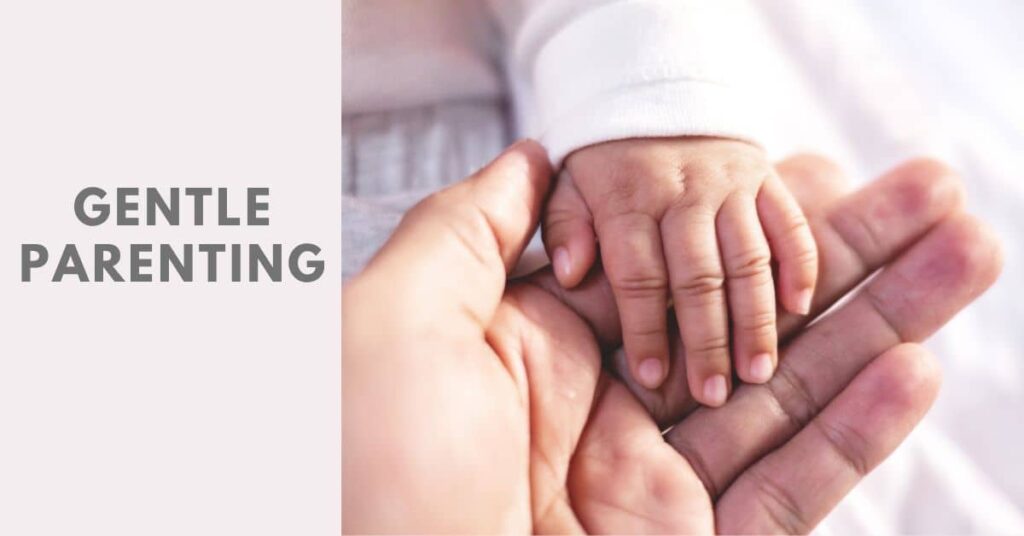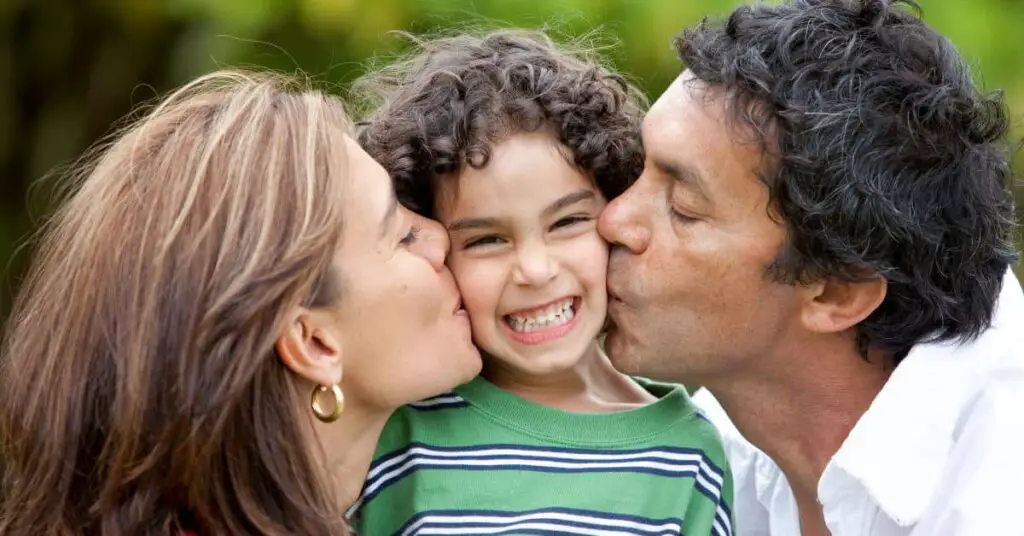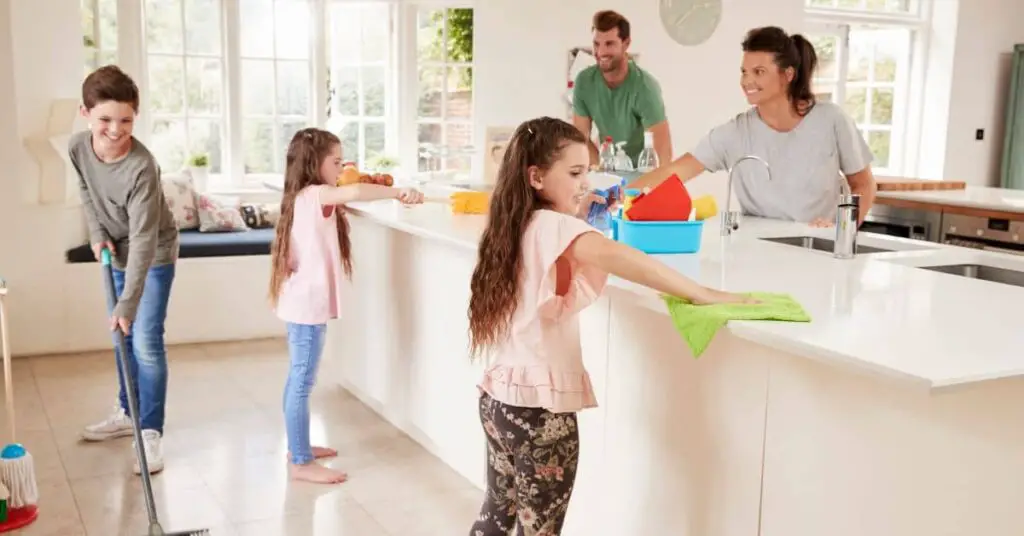Positive parenting focuses on raising caring, responsible, and resilient children through guidance, support and setting healthy boundaries. Here are the top 10 positive parenting tips backed by research.
1. Get to the Root of Behavior
2. Accept Emotions While Guiding Behavior
3. Set Clear Boundaries Through Cooperation
4. Teach Alternative behaviors
5. Consider Developmental Needs
6. Ask for Reflection Instead of Reacting
7. Use Humor and Play for Learning
8. Accept Your Child Unconditionally
9. Model Calm Problem-Solving
10. Seek Help When You Need It
1. Get to the Root of Behavior
All behaviors serve a purpose and communicate needs, even if indirectly. Understand what emotions, desires or circumstances led to the behavior before responding. Ask open-ended questions to see issues from your child’s perspective.
2. Accept Emotions While Guiding Behavior
It’s normal for children to feel fearful, frustrated or sad at times. Avoid shaming for emotions and instead redirect harmful behaviors respectfully. “I can see you’re upset but hitting is not allowed. Use your words to tell me how you feel.”
3. Set Clear Boundaries Through Cooperation
Discuss limits respectfully and involve children in decision making when appropriate for their age. Clarify why rules exist instead of demanding obedience. Children will internalize values through cooperative problem-solving rather than confrontation.
4. Teach Alternative behaviors
Focus on replacement behaviors instead of just saying “no.” For example, suggest your toddler ask gently for a toy instead of grabbing, or have your teen communicate feelings through a note instead of yelling.
5. Consider Developmental Needs
A baby’s immature brain means they cannot sit still or follow multiple step tasks. Have realistic expectations that match your child’s capabilities. A meltdown may mean they need a break, not discipline.
6. Ask for Reflection Instead of Reacting
Request children think about how their actions affected others. Avoid interrogating and stay neutral to encourage openness. Reflection teaches self-awareness and empathy.
7. Use Humor and Play for Learning
Turn chores into a game with a timing challenge. Tell silly stories at bedtime. Laughter bonds families and helps children internalize lessons.
8. Accept Your Child Unconditionally
Children should feel secure in parents’ love, not performance. When upset, show compassion to soothe their emotional control centers and build trust to accept guidance.
9. Model Calm Problem-Solving
Children observe how parents handle stress. Stay patient and think step-by-step when frustrated instead of yelling. Speaking to children respectfully teaches valuable social skills.
10. Seek Help When You Need It
Parenthood is challenging and all families experience hard times. Community support boosts well-being and resilience. Consult pediatricians, therapists or support groups when issues feel overwhelming.
FAQs
Q: How long does it take to see results from positive parenting?
A: Small changes can be noticed within a few weeks but the full benefits of strong, nurturing relationships take months or years to develop as children gradually learn emotional intelligence and responsibility. Consistency is key.
Q: What if positive discipline doesn’t work for my defiant toddler?
A: Young children experience big feelings without skills to handle them. Stay calm, set limits with gentle touches and offer comfort. Redirect energy into play once Regulation centers settle. Seek help from parenting educators if challenges persist.
Q: How can I avoid power struggles over rules?
A: Establish realistic expectations by involving children in decision making. Be willing to compromise on small things wherever possible to encourage cooperation. Compliance due to fear breeds resentment while children will embrace values they help shape.
Q: Should I ever raise my voice as a parent?
While occasional brief yelling may happen even to patient parents, research links frequent shouting to worse behavior problems and lower wellbeing in children. Speak to them at eye level with respect and they are more likely to listen and treat others the same. Remain role models of emotional control.
Q: How can I encourage independence in a strong-willed toddler?
Guide stubborn children toward safer choices within reason while they test limits. Set up an environment where curiosity can be satisfied without fuss, such as an activity table. Praise independence gently to build confidence without power struggles. Pick battles wisely by giving appropriate leeway.
Q: Will positive parenting work for teenagers?
Teens need consistency but also space to grow. Show care through quality time, clear oversight and respecting privacy rights. Criticize actions lovingly instead of character. Teach problem-solving skills and permit calculated failures so they can build resilience for adulthood with your support. Flexibility maintains open lines of communication better than confrontation during stormy phases.
In conclusion, positive parenting is relationship-focused. We can all use reminders to view children’s behavior from their point of view, meet needs with empathy and work as a team instead of adversaries. Maintaining warmth and responding to kids’ emotional development prevents issues from spiraling out of control. Children thrive with guidance, compassion and patience to cultivate their potential.

I’m Mithun Debnath, a dedicated dad and the founder of Papa Parenting. I’m here to share my parenting journey, tips, and insights to make your life as a parent a little easier. Join me as we navigate the adventures of fatherhood together.






